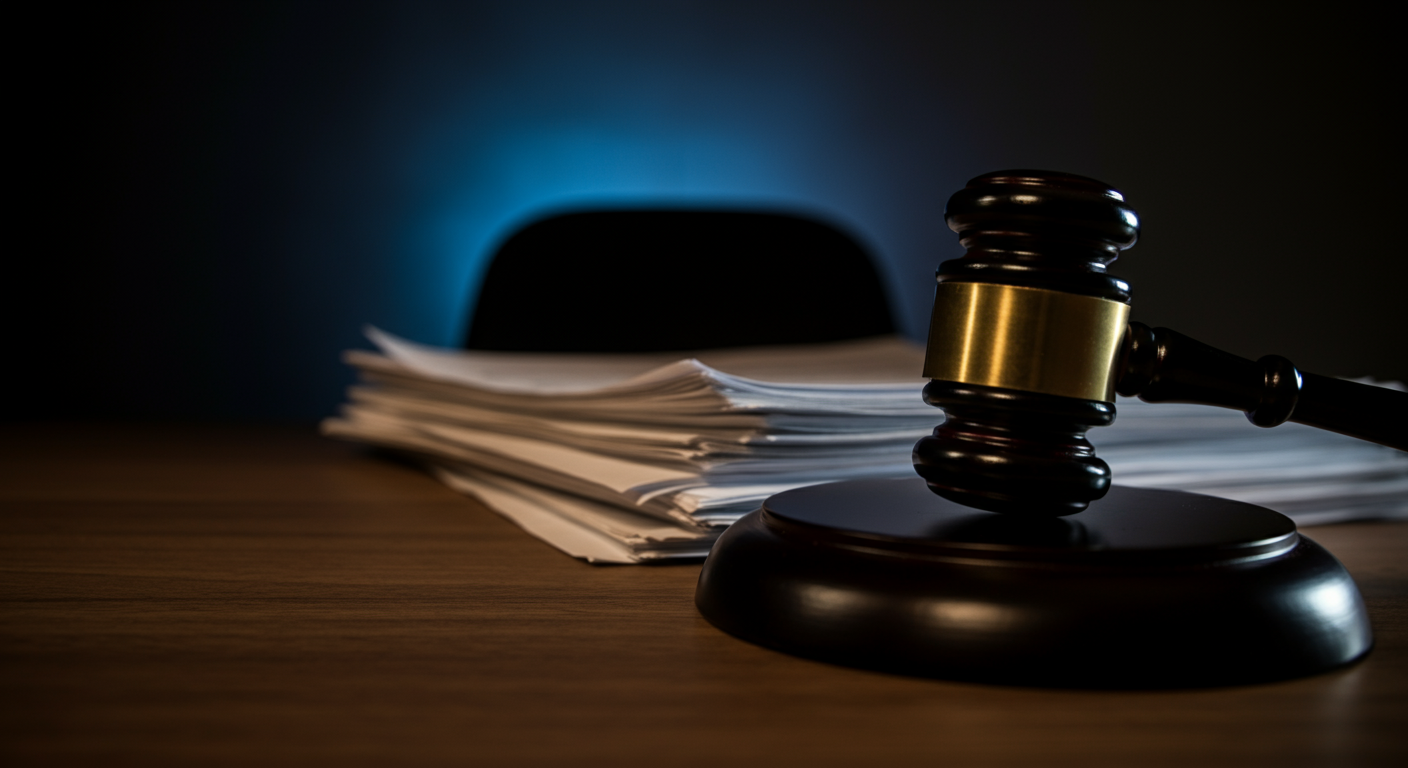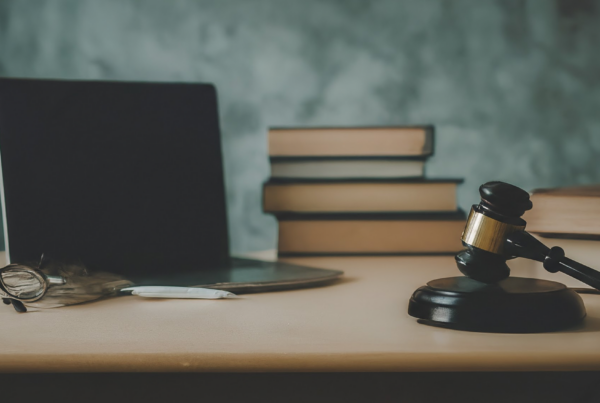In the bustling world of commercial video programming, understanding the legal aspects of video licensing is more crucial than ever. Imagine this: you’re a business owner in the hospitality or entertainment industry, ready to enhance your customer experience with engaging video content. However, without proper knowledge of licensing, you could be stepping into a legal minefield.
Video licensing is not just a technicality; it’s a fundamental component of protecting your business and ensuring compliance. Whether you’re managing a casino, restaurant, or bar, the intricacies of video licensing can seem daunting, but they are essential to avoid potential pitfalls. By grasping these legal nuances, you can safeguard your business from costly legal disputes and maintain a seamless entertainment experience for your customers.
At DLM Media, we understand the unique challenges faced by businesses in the hospitality sector. Our mission is to provide a worry-free entertainment solution that not only delights your customers but also keeps your business compliant with all legal requirements. As we delve into the complexities of video licensing, we’ll explore key topics such as copyright laws, licensing agreements, and the benefits of choosing a reliable video programming provider. This guide will equip you with the knowledge to navigate the legal landscape confidently.
Ready to dive deeper into the world of commercial video programming? Let’s explore how understanding the legal aspects of video licensing can transform your business operations and customer satisfaction. Stay tuned as we unravel the complexities and provide actionable insights to keep your business on the right side of the law.
Understanding Copyright and Video Licensing Basics
In the realm of video production, understanding copyright and licensing is crucial for businesses, especially those in the hospitality and entertainment industries. Copyright laws are designed to protect creators’ rights, ensuring that their work is not used without permission. For businesses using video content, this means navigating a complex landscape of legal requirements to avoid potential pitfalls.
Licensing agreements play a vital role in this process, providing the legal framework that allows businesses to use video content without infringing on copyright laws. These agreements outline the terms under which a video can be used, ensuring compliance and protecting businesses from legal consequences. Let’s delve into the basics of copyright and video licensing to understand their importance in the commercial video programming sector.
Copyright Laws and Their Application to Video Content
Copyright laws grant creators exclusive rights to their original works, including videos. This means that any unauthorized use of video content can lead to legal action. For businesses, understanding these laws is essential to avoid infringement. For example, using a video clip in a promotional campaign without securing the appropriate rights can result in hefty fines or legal disputes.
In video production, copyright covers various elements, including footage, music, and scripts. Each component may require separate licensing agreements. For instance, a video featuring popular music will need a synchronization license to legally use the track. Failure to secure such licenses can lead to significant legal challenges, emphasizing the need for thorough understanding and compliance.
The Role of Licensing Agreements
Licensing agreements are contracts that grant permission to use copyrighted material under specified conditions. These agreements are crucial for businesses that rely on video content, as they outline the scope of use, duration, and any restrictions. For example, a licensing agreement might allow a restaurant to play a particular video on its premises but not distribute it online.
Such agreements protect both the content creator and the business. They ensure that creators are compensated for their work while providing businesses with the legal rights to use the content. Understanding the terms and conditions of these agreements is essential for businesses to avoid unintentional violations.
Potential Legal Consequences of Non-Compliance
Non-compliance with copyright and licensing laws can have severe consequences for businesses. Legal actions can result in substantial financial penalties, damage to reputation, and even the loss of business licenses. For instance, a casino using unlicensed video content might face lawsuits that could lead to significant financial losses and operational disruptions.
Moreover, platforms like YouTube and social media sites have stringent policies against copyright infringement. Businesses found in violation may have their content removed, face account suspensions, or incur additional penalties. Therefore, understanding and adhering to copyright and licensing requirements is not just a legal obligation but a strategic necessity for businesses in the video programming industry.
Types of Video Licenses and Their Applications
In the dynamic world of video production, understanding the various types of video licenses is essential for businesses, especially those in the hospitality and entertainment industries. These licenses not only ensure legal compliance but also protect your business from potential legal disputes. Let’s explore the different types of video licenses and their applications in commercial settings.
Video licenses are agreements that grant permission to use copyrighted material under specific conditions. For businesses, these licenses are crucial to legally utilize video content, whether it’s for enhancing customer experience in a restaurant or creating engaging content for a casino.
Synchronization License
A synchronization license, often referred to as a sync license, is required when you want to use music in conjunction with visual media. This type of license is essential for businesses that incorporate music into their video content, such as promotional videos or advertisements. For instance, a restaurant creating a commercial that features a popular song will need a synchronization license to legally use the track.
Obtaining a sync license involves negotiating with the music publisher, who holds the rights to the composition. This ensures that the music can be legally paired with the visual content, providing a seamless and engaging experience for viewers.
Master Use License
The master use license is another critical component for businesses using recorded music in their videos. While the synchronization license covers the composition, the master use license pertains to the specific recording of the song. This license is typically obtained from the record label that owns the recording.
For example, if a bar wants to use a particular version of a song in its promotional video, it must secure a master use license. This ensures that the business can legally use the recording, protecting it from any potential legal issues.
Public Performance License
Public performance licenses are essential for businesses that play video content in public spaces, such as casinos or bars. These licenses grant permission to publicly display or perform copyrighted material, ensuring compliance with copyright laws.
Organizations like ASCAP, BMI, and SESAC manage public performance rights for music, while similar entities handle video content. By securing a public performance license, businesses can legally entertain their customers with video content, enhancing the overall customer experience.
Understanding and securing the appropriate video licenses is crucial for businesses in the hospitality and entertainment sectors. By doing so, they can avoid legal pitfalls and provide a captivating experience for their customers. For more insights into video licensing and how it can benefit your business, explore additional resources on our website.
Best Practices for Video Licensing Compliance
Ensuring compliance with video licensing laws is essential for businesses in the hospitality and entertainment industries. By following best practices, you can avoid legal issues and implement effective licensing strategies. Here, we explore actionable steps to maintain compliance and reference competitor strategies for success.
Conduct a Thorough Licensing Audit
Before implementing any video content, conduct a comprehensive licensing audit. This involves reviewing all existing video assets to ensure they are properly licensed. Identify any content that lacks the necessary permissions and address these gaps promptly. Regular audits help maintain compliance and prevent potential legal disputes.
Consider creating a detailed inventory of all video content, including information about the source, type of license, and expiration dates. This documentation will serve as a valuable reference for future audits and licensing renewals.
Establish Clear Licensing Agreements
Clear and comprehensive licensing agreements are crucial for compliance. These agreements should outline the terms of use, including the scope, duration, and any restrictions. Ensure that all parties involved understand and agree to these terms to avoid misunderstandings.
When negotiating licensing agreements, consider consulting with legal experts to ensure all legal aspects are covered. This proactive approach can prevent costly legal issues and protect your business interests.
Implement a Licensing Management System
To streamline the licensing process, implement a licensing management system. This system can help track licenses, manage renewals, and alert you to upcoming expirations. By automating these tasks, you reduce the risk of non-compliance due to oversight.
Choose a system that integrates with your existing workflows and provides easy access to licensing information for all relevant stakeholders. This ensures that everyone involved in video content management is on the same page regarding compliance requirements.
By adopting these best practices, businesses can navigate the complex landscape of video licensing with confidence. For more insights on maintaining compliance, explore additional resources on our website.
Ensuring Legal Compliance in Video Licensing
As we’ve journeyed through the intricate world of video licensing, it’s clear that understanding the legal aspects involved is not just beneficial but essential for any business in the hospitality and entertainment sectors. From the foundational principles of copyright laws to the nuances of licensing agreements, each component plays a pivotal role in safeguarding your business against potential legal pitfalls.
Here are some key takeaways to keep in mind:
- Comprehend Copyright Basics: Ensure that you have a solid grasp of copyright laws and how they apply to video content. This knowledge is crucial to avoid infringement and subsequent legal consequences.
- Secure Proper Licensing Agreements: Understand the various types of licenses, such as synchronization, master use, and public performance licenses. Each serves a specific purpose and can protect your business from costly legal disputes.
- Conduct Regular Licensing Audits: Regularly review your video assets to ensure all content is properly licensed. This proactive approach helps in identifying and rectifying any compliance gaps.
- Implement a Licensing Management System: Utilize technology to track and manage licenses efficiently, ensuring timely renewals and compliance adherence.
By implementing these strategies, businesses can navigate the complex landscape of video licensing with confidence. However, the journey doesn’t end here. It’s crucial for businesses to continuously educate themselves on evolving legal requirements and industry best practices. I invite you to explore more resources on our website to further enhance your understanding and keep your business compliant.
As you move forward, consider reviewing your current licensing practices. This reflection not only ensures compliance but also enhances the overall customer experience by providing a seamless and legally sound entertainment environment. Let’s continue to strive for excellence in video programming, ensuring that our businesses not only thrive but also adhere to the highest standards of legal compliance.





